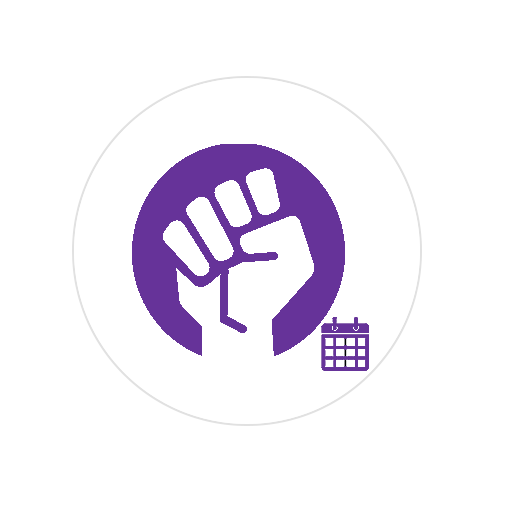Universal Periodic Reviews (UPR)
The Universal Periodic Review is a United Nations accountability mechanism amongst UN Member States, established in 2006, for the monitoring of human rights across each of the 193 States of the UN. UPRs are unique and significant to the advancing of sexual and reproductive health and rights: they are the only geographically universal human rights mechanism available; they accommodate all human rights issues, including those related to sexual orientation and gender; they are peer-administered with recommendations for reform offered to each country under review by delegations from other countries. UPRs are cyclical and periodic,. A third five-year cycle commenced in early 2017. To date, every member State has been reviewed at least twice, through a predictable process and schedule that does not accommodate delays or postponements. These events are often singular opportunities for civil society dialogue on sensitive human rights issues with their respective governments.
Whilst governments under review are not bound by UPR recommendations, these platforms are significant entry points. Recommendations are evidently weighted towards sexual and reproductive rights: about 50% of all recommendations made at previous UPRs have been on issues related to sexual orientation, gender identity and gender expression.
The UPR is a State-driven process, through which member states prepare and present a report on their respective human rights achievements. Other stakeholders (eg. civil society) have an opportunity to present written submissions for consideration, with certain accredited stakeholders able to attend, observe or make oral submissions. In preparation for UPRs and other UN Treaty Body processes, civil society in each country routinely collaborates on the development of a Shadow Report for submission.

